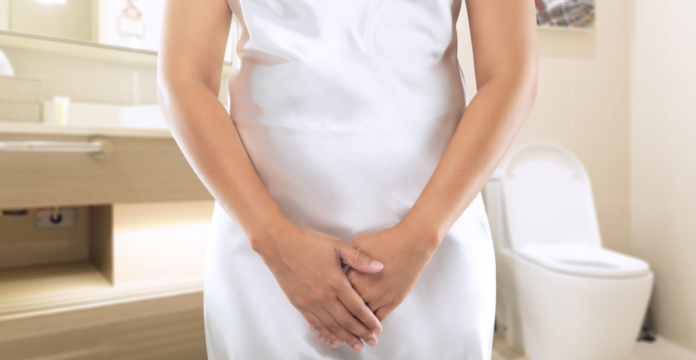Dysuria is not a diagnosis, it is a symptom underlying a health problem. Painful urination is called dysuria. It causes a burning feeling, pain, and/or uneasiness. You must contact your health specialist as soon as you see the signs of dysuria. This article will give you a complete understanding of dysuria.
It explains the signs, reasons behind it, and ways to treat it, including home remedies. It’s essential to understand what dysuria is so we can find out quickly and manage it well. This will help people feel better and have a healthy urinary system again.
Symptoms of Dysuria Painful Urination
Dysuria is shown as pain, trouble, or a burning feeling while urinating. The main dysuria symptoms include the pain itself, but finding other symptoms is also essential. These signs include:
- Peeing a lot
- Dirty or red-tinted urine
- Foul-smelling urine
- Hurt in the stomach area below the belly button
Causes of Dysuria in Men and Women
- Urinary Tract Infection (UTI): UTIs are a primary dysuria cause for pain during urination, especially in women because their pee tubes are shorter. Germs in the urine tube can cause swelling and hurting when we pee.
- Sexually Transmitted Infections (STIs): STIs like chlamydia, gonorrhea, and herpes can cause dysuria painful urination.
- Prostate Infection (Prostatitis) in Men: A swollen prostate gland in men can cause problems with peeing. This is called prostatitis. Signs of dysuria are pain in the private parts area and discomfort during the release of semen.
- Kidney Stones: Kidney stones, especially those near where the bladder lets urine out, can make peeing hurt and itch. Extra signs might be having a sore back and a different pee colour.
- Ovarian Cysts in Women: Ladies can have trouble peeing because ovarian cysts press on their bladders. Noticing related signs like hip pain and strange bleeding from the private area is crucial for finding out what’s wrong.
READ ALSO: What Should You Know About Brittle Nails
Dysuria in Women
The cause of dysuria in males differs from dysuria in women due to the diverse body structure of men and women.
Dysuria painful urination or dysuria in women can be the consequence of:
- Bladder infection
- Vaginal infection
- Endometritis and other reasons outside the urinary tract, together with diverticulosis and diverticulitis.
- Urethra or Inflammation of the bladder
Dysuria in Men
Men can also get a sick bladder, due to problems like prostatitis. The cause of dysuria in males may be the result of:
- UTI (Urinary tract infection) and any other problem outside the urinary tract, together with diverticulosis and diverticulitis.
- Prostate illness
- Cancer
Dysuria Treatment
- Antibiotic Therapy for UTIs: UTIs, the usual reason for painful urination, usually get better with antibiotics. Making dysuria treatment from the organism that is causing the disease helps get better results.
- STI Treatment: If sexually transmitted infection is found, treatments like antibiotics may be given. It’s important to catch problems early to stop them from worsening.
- Addressing Kidney Stones: The ways to treat kidney stones change depending on their size and place. Little rocks can move independently, but big ones might need help, like a unique tool called lithotripsy or surgery.
- Ovarian Cyst Management: Treatment for ovarian cysts is based on size, symptoms, and possible complications. Checking and hormone treatments are often used.
Dysuria Treatment at Home
In addition to medical interventions, several at-home remedies can alleviate dysuria symptoms and support overall urinary health. Some dysuria treatment at home is:
- Increased Fluid Intake: Drinking plenty of water can help make your pee less intense and reduce discomfort when you need to urinate.
- Avoiding Irritants: Avoid using strong soaps, douches, and harmful chemical products near your private parts. This helps prevent irritation.
- Dietary Modifications: Some foods and drinks, like alcohol, hot spicy meals, or sour substances, may make pee more painful. Fixing what you eat can be good.
Conclusion
It’s important to see your health provider to diagnose you properly if your symptom is linked to a urinary tract infection or another medical cause. In any circumstance, the sooner you see your healthcare provider, the sooner an analysis can be made and dysuria treatment can be started. This helps manage urine pain problems and other health issues. Maintaining proper sanitation at home and changing your lifestyle can help maintain urinary health. This lets people feel better again.





